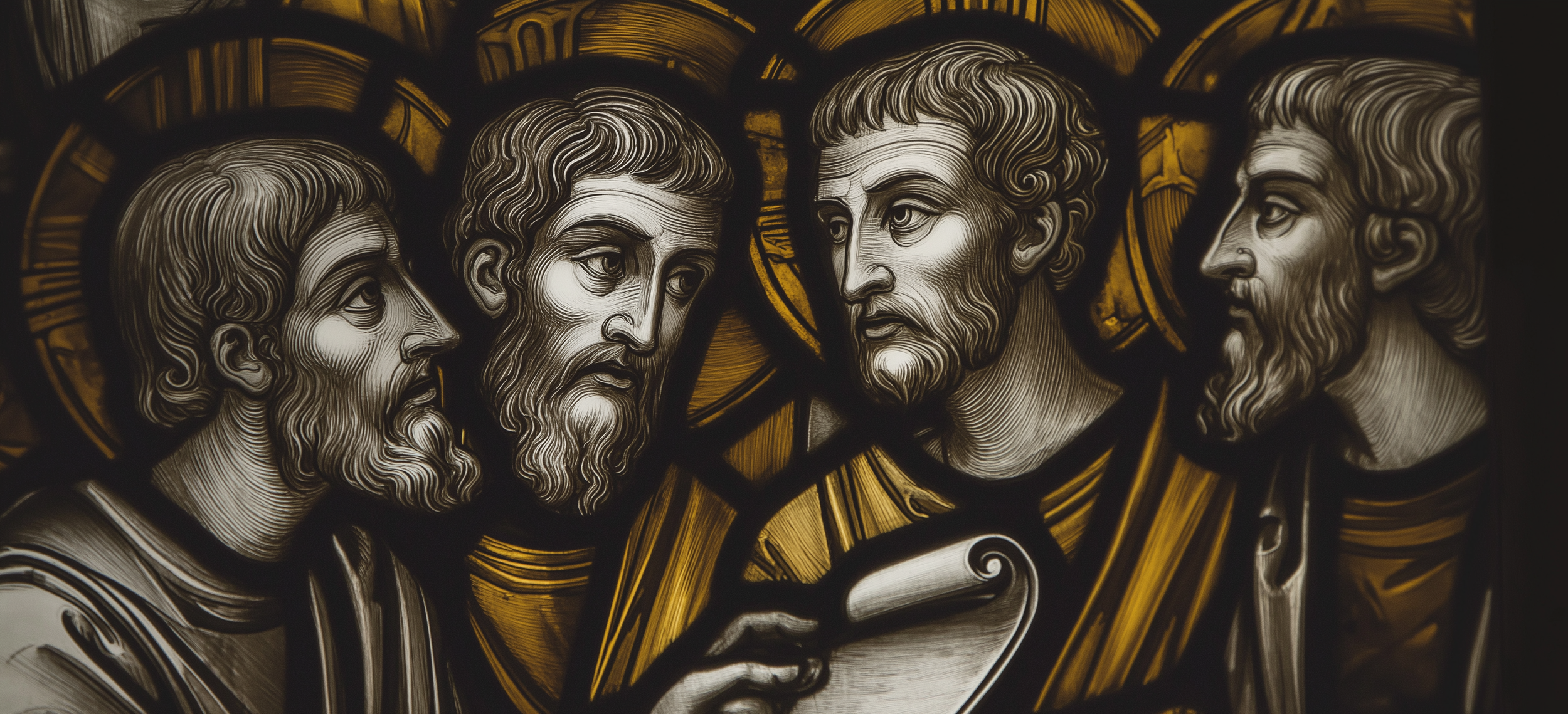
Statement of Faith
Statement of Faith
At Redemption Seminary, we are united by a shared confession of faith and a commitment to live and serve in ways that honor Christ. Every member of our community—trustees, administration, staff, faculty, and students—affirms the Statement of Faith and core values as an expression of their personal beliefs, and commits to following Redemption’s Code of Conduct.
Our Statement of Faith provides the shared foundation for our life and learning together. It helps us recognize one another as co-laborers in God’s kingdom while also allowing room for respectful dialogue and difference within those shared convictions.
Doctrine of Scripture
We believe the Holy Scriptures—consisting of all 66 books of the Old and New Testaments—are the inerrant, inspired, and infallible Word of God. As inerrant, they are entirely true and trustworthy in all they affirm, requiring interpretation that honors the authors’ intent, the unity of Scripture, and the historical context in which they were written. God’s Word is the final authority for all matters of faith and life, divinely preserved for His people, and we reject with unwavering conviction any attempt to undermine, alter, or add to the perfect and enduring Word He has revealed.
Doctrine of God, the Church, and Redemption
Redemption Seminary embraces the historic Apostles’ Creed as its foundational summary of the grace and knowledge of the one true God—Father, Son, and Holy Spirit—a confession that has shaped and blessed the church across countless Christian traditions and cultures throughout the centuries. This creed affirms the redemptive work of God through Jesus Christ, who by His life, death, and resurrection secured salvation for His people. It also defines the church as the holy, universal community of believers, called to live in faithful relationship with God and one another, empowered by the Spirit to proclaim and embody the gospel in the world.
Apostles’ Creed
I believe in God the Father, almighty, maker of heaven and earth,
And in Jesus Christ, his only Son, our Lord,
who was born of the Holy Spirit and the Virgin Mary,
who suffered under Pontius Pilate, was crucified, died, and was buried.*
On the third day, he rose from the dead;
he ascended into heaven, and sits at the right hand of God the Father almighty,
from there he will come to judge the living and the dead.
And in the Holy Spirit;
the holy catholic** Church, the communion of the saints,
the forgiveness of sins;
the resurrection of the body,
and the life everlasting. Amen.
*Following Dr. Wayne Grudem, the phrase “he descended into hell” is not included here because it is not attested in the earliest versions of the Apostles’ Creed and because of the doctrinal difficulties associated with it.
**The word catholic (lowercase) is an older English term used in traditional translations of the Apostles’ Creed, which refers to the broad or universal church, the body of Christ (without reference to the Roman Catholic Church).
Doctrine of Prayer
We believe our God is personally involved in our lives, desiring the fruit of our faith and love to flourish. We experience this relationship through prayer, which, when offered in the Lord’s will, is powerful and effective. Prayer is a personal expression of faith, granting us the privilege of God’s fellowship and support in every circumstance—offering praise, thanksgiving, confession, and petitions—trusting His faithful response as revealed in Scripture.
Doctrine of Mankind
We believe that God created humanity in His own image, male and female, as revealed in Genesis 1:27, setting us apart from the rest of creation with inherent dignity and worth. We confess that through the first sin of Adam, sinful humanity was separated from the holy God. Consequently, every person is born in sin and must be redeemed to restore fellowship with the Lord. We affirm that Jesus accomplished this through His self-sacrifice and His bodily resurrection. We hold that the only way to be reconciled to God and receive forgiveness of sins is through faith in Jesus Christ and His sacrifice on the cross. In response to this grace, believers reflect God’s image as they grow in love and holiness.
Multi-denominational Approach
Redemption’s multi-denominational approach allows every tradition to bring its unique voice, while professors teach with full theological and academic freedom—within our shared statement of faith. You’ll choose a mentor-professor, often from your own denomination, who will walk with you and help you engage every lecture—shaping you to serve Christ’s kingdom in harmony with the tradition you are called to serve.

